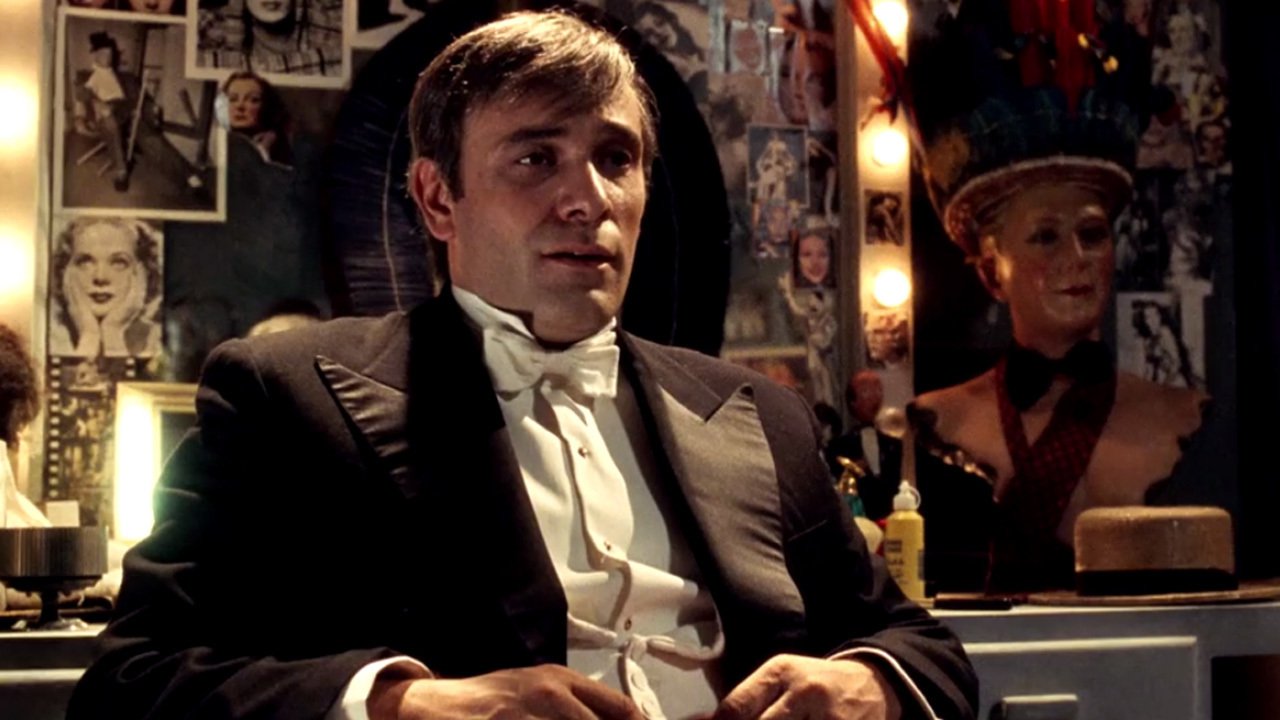
- Golden Globe Awards
Chatô, The King of Brazil (Brazil)
Francisco de Assis Chateaubriand Bandeira de Mello was a Brazilian lawyer, journalist and businessman. For decades he was also the power behind the throne of dictators and legally elected presidents alike – a true kingmaker in early to mid 20th century – thanks to the powerful media empire he created, starting with newspapers, branching out into radio and, finally, bringing television to Brazil. He was also a womanizer, a corruptor and a violent, power-hungry man, a complicated, larger-than-life character. In other words, Assis Chateaubriand – or “Chatô”, as he’s known locally – was Brazil’s own Randolph Hearst/Citizen Kane.Actor-turned-director Guilherme Fontes grew up hearing tales of the formidable Chatô, but only felt he truly understood the man and the legend after reading journalist and author Fernando Morais’ best selling biography Chatô, The King of Brazil. “I always wanted to direct, and that book seemed the perfect material for my first film”, Fontes says. “This is a universe I know well – media, TV. And Fernando’s book was so rich and detailed that the whole world of the story popped before my eyes. It was a revelation to know how everything worked and still works in the relationship between media and power. “From passion to screen, however, Fontes had to face a long, hard road. A film and TV star in Brazil, Fontes found an interesting ally right out of the gate: Francis Ford Coppola, who took him under his wing and developed the project at American Zoetrope, bringing onboard writer Matthew Robbins (Mimic, Crimson Peak, Pinocchio). “It was a lot of work adapting a best seller that unmasks the relations between media and power in Brazil”, Fontes says. “You have key historical moments and you have a character that’s incredibly complex, almost unbelievable”.Between development and post-production almost two decades passed, with the project having to overcome every single possible obstacle a production can face. Fontes, however, never gave up, faithful to his vision of a very tropicalista, almost psychedelic take on the fantastic journey of Chatô (played by Marco Ricca), the self-made man from an impoverished Brazilian state who became the King of Brazil. From art direction to editing, Chatô The King of Brazil references many elements of Brazilian culture. “The foundation is tropical, tropicalista multicolor, a reference to the Brazilian musicals of the 1940s, with bits of modern art as we approach the 1950s”, Fontes says. “We had the challenge of mixing visual effects in a way that wouldn’t belie the truth and realism of the historical elements. And there also had to be a color of urban and tropical Brazil. “Winner of several awards in Brazil – including best director for first-timer Fontes – Chatô uses the past to address the present, Fontes says: “The theme of media and power is as relevant today as it was in Chatô’s time”.

